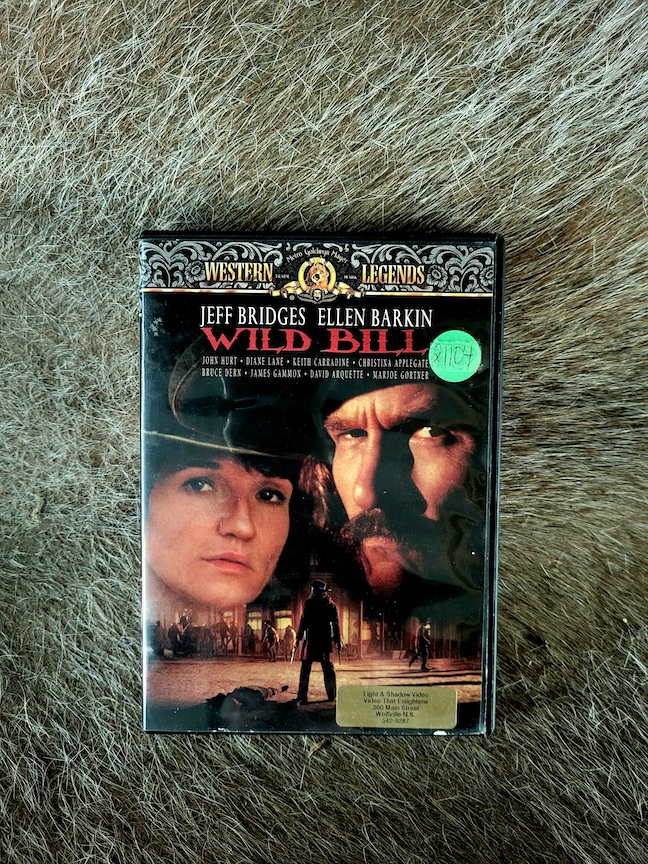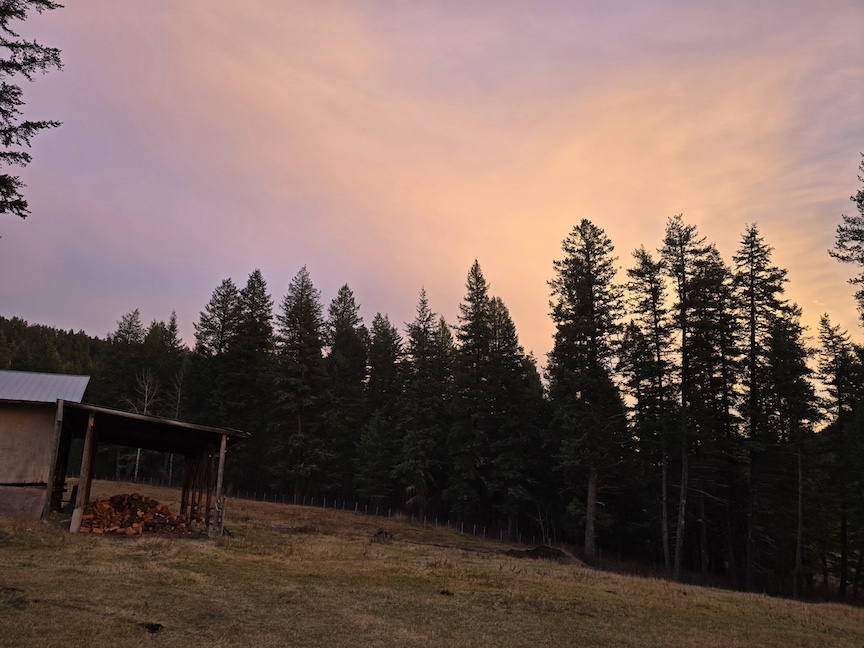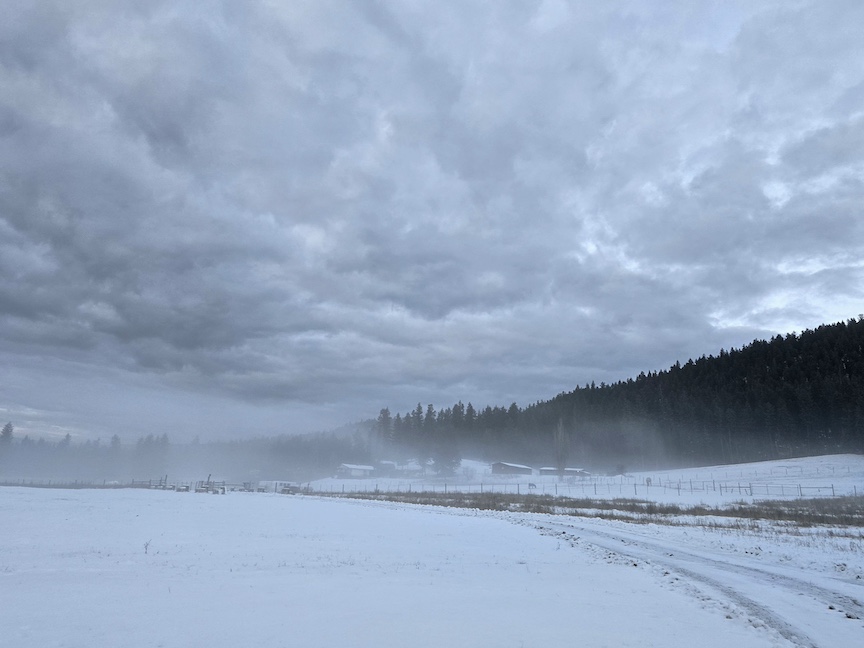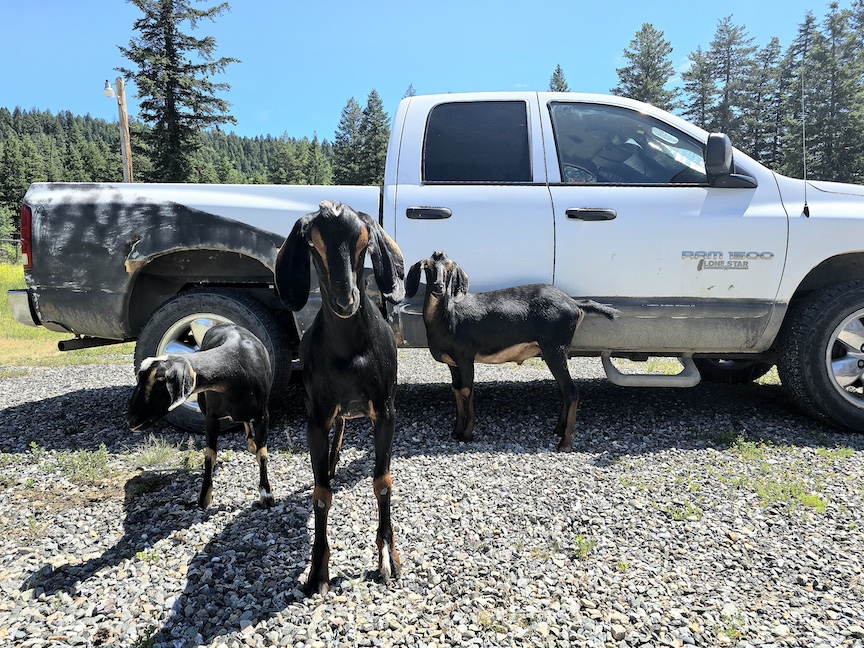Starring: Jeff Bridges, Ellen Barkin, John Hurt, David Arquette, Diane Lane
Director: Walter Hill
Released: 1995
Mood: If you want to put on a movie in the background that will seem like it’s the thrilling story of Wild Bill if you only glance at it every so often.
Hoooooo boy, where to begin with Wild Bill?
I waited forever to watch this movie. I couldn’t find it online, and it wasn’t “available in my region” on Prime. I had a DVD copy arrive only to realize that it was in German.
I wanted, nay, EXPECTED to fall in love with Wild Bill. It seems like it has all the fixin’s:
- It’s starring Jeff Bridges, rocking dandy hair and an epic moustache
- Also featuring Keith Carradine, Diane Lane, James Gammon, Christina Applegate, Bruce Dern, and James Remar
- Written and directed by Walter Hill, who also did Geronimo, Broken Trail, and The Long Riders
- Did I mention Keith Carradine?
Sadly, Wild Bill is my biggest disappointment of this year so far. It’s partly my fault for building it up so much in my head – and partly because this Western makes no f*cking sense whatsoever.

Wild Bill jumps all over the place, capturing events in James Butler Hickok’s life between the 1860s and ‘70s. The thing is, many of these events are made up.
The story is focused on Wild Bill (Jeff Bridges) in his last days, suffering glaucoma, and thinking back on his life. About half of the flashbacks are to fictitious events, while a handful are to real events like when he accidentally shot his own deputy, and gunning down Davis Tutt over a pocket watch and a woman.
In present times, Bill is surrounded by friends like Calamity Jane (Ellen Barkin), Charley Prince (John Hurt), and California Joe (James Gammon). They talk him up constantly to anyone who will listen. But with the glaucoma and the bad memories, Bill starts visiting an opium den.
The coward Jack McCall (David Arquette) comes to town, reimagined as as the son of a woman scorned by Bill, and attempts to kill him multiple times. When it does reach that infamous conclusion, you’ve pretty much lost interest.
![]()
What bothers me most about Wild Bill is that it has some great elements. It just fails to create something that works.
I watched it twice in one week, because I thought maybe I was going into it with the wrong mindset. Having read Wild Bill: The True Story of the American Frontier’s First Gunfighter, I was fixated on how much of this story wasn’t true.
Writer-director Walter Hill said the script was based on “character rather than incident. Because I think it’s not so much the fights, it’s his personality, his sense of humour about himself.” Hill wanted to make a movie about the rockstar-like celebrity of Wild Bill.
Which is fine, but that would have been so f*cking easy to do using the facts. The man WAS a legend in his own time.
Instead, what they did was use a handful of truths, a bunch of rumours that every true Western history buff knows to be false, invent a bunch of unnecessary characters (why did we need an English friend and narrator in place of Charlie Utter?), and then give way too much screentime to the story of Jack McCall.
The ’90s had a LOT of great Westerns, from Tombstone and The Quick and the Dead to Quigley Down Under and Unforgiven. I can kind of understand why you’d want to take a risk and try something totally different. But I’ve said this before: if you’re going to change extremely well-known facts about historical characters, you’d better do such a good job at storytelling that we like your version better than the truth.
After my second viewing, I could only find two rockstar-ish points about Wild Bill:
- The mix of red and blue lighting in the Chinatown scenes that’s so distinctly ‘90s drug trips, and feels like The Fisher King (which, by the way, is a f*cking brilliant Jeff Bridges movie)
- The black-and-white flashbacks to dramatic showdowns, a mental hospital, and a Native American chief predicting Bill’s death which I guess feels a bit Jim Morrison
Unfortunately, Dead Man came out the same year as Wild Bill, and did a lot more with the black-and-white arthouse Western aesthetic.
![]()
Wild Bill does have a lot of well-shot action, particularly the 1870 Hays City saloon brawl at the start of the movie. The shootouts are great.
But once the artsy scenes start happening, it just stops working for the viewer. You want to get into the good ol’ Western gunfights, but you’re also being asked to go on all these tangents, and to believe that a bunch of experienced killers would listen to David Arquette. And all of this is intermittently narrated in John Hurt’s gentle voice that sounds like he’s reading an English children’s bedtime story.
I’m also mad that Keith Carradine is only in it for like five seconds. NOT ENOUGH KEITH CARRADINE.
James Gammon and James Remar do excellent jobs of their characters in Wild Bill. I love Gammon in every Western he did, and this is no exception. His vigorous and exaggerated fanboy monologues about Bill are the only thing I think hit the mark in evoking the story of a rockstar Western icon.
Ellen Barkin is pretty good as Calamity Jane, but once you’ve seen the extreme versions of Calam played by Doris Day and Robin Weigert, it’s hard to get into a middling take on the character.
And Bridges does look every bit the part, even though his performance is pretty one-note.
![]()
I think the actors all did the best they could with the script they were given. Nobody does a terrible job, it’s just not a fun movie to watch. And that’s where it’s a major fail – it actually takes away from the thrilling legend of Wild Bill, rather than feeding into his mythos.
It pains me to write such a negative review of a movie I spent years hunting down, and one by such a talented director. But I wouldn’t waste your time watching it. Definitely don’t try again if you think you didn’t get it the first time.
It’s not you, it’s Wild Bill.


